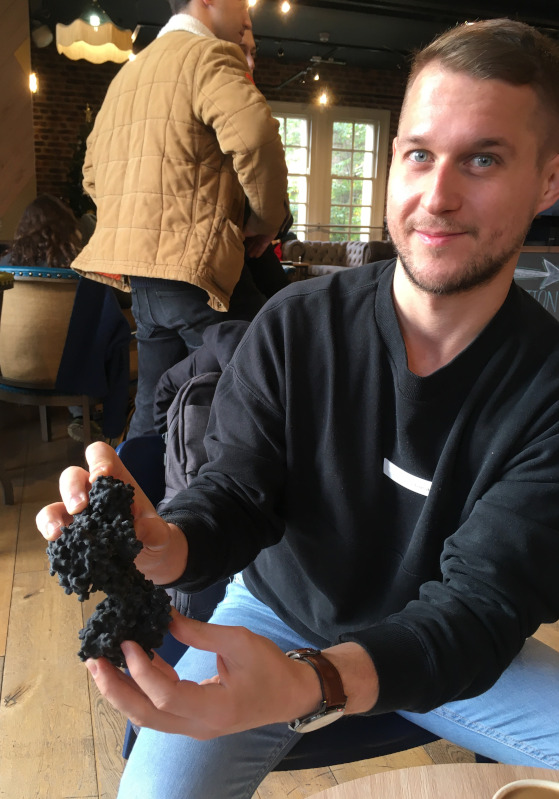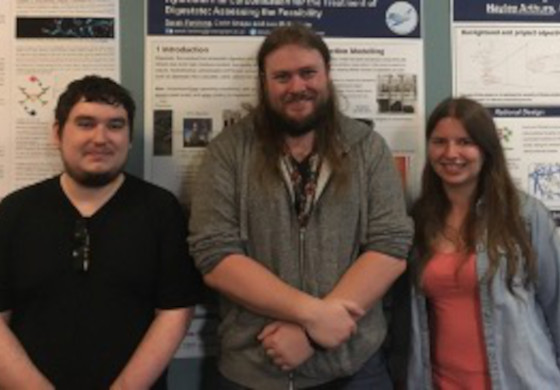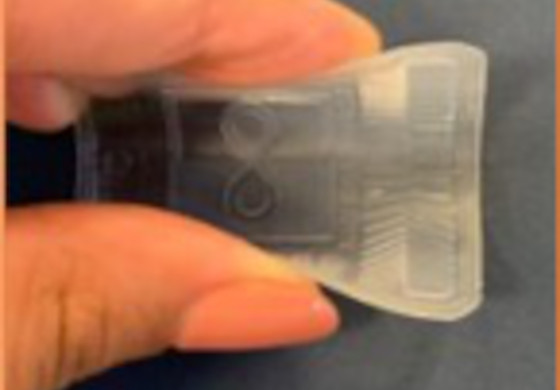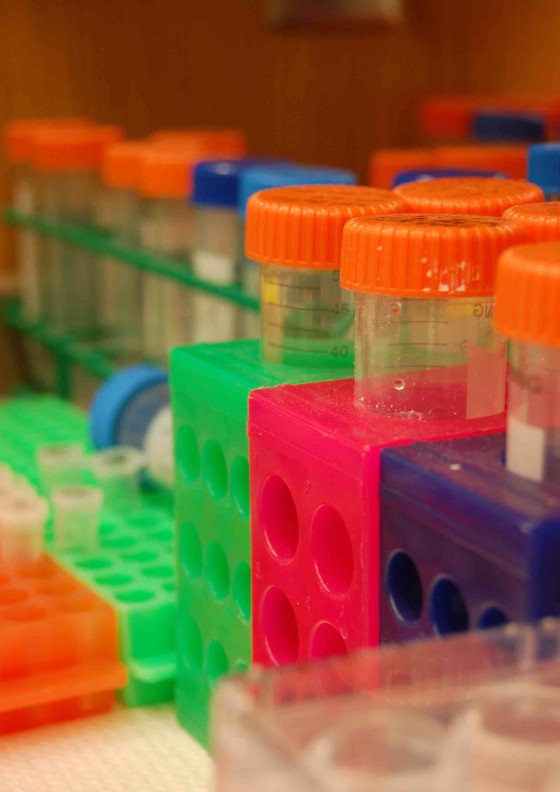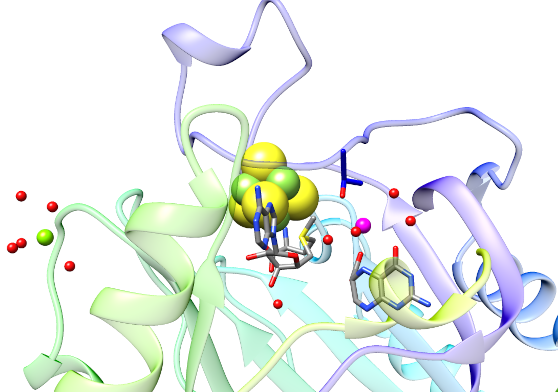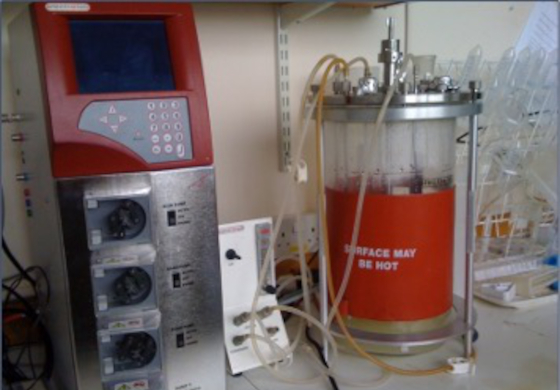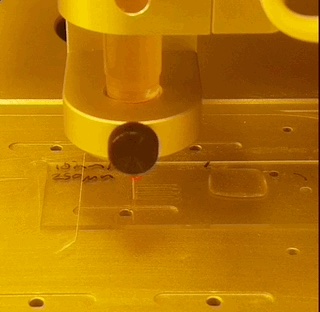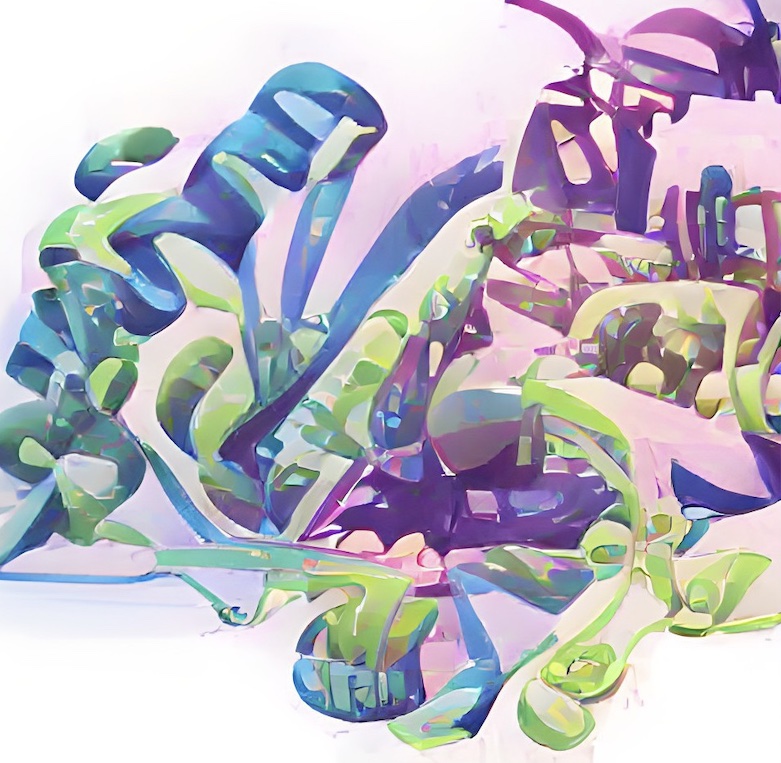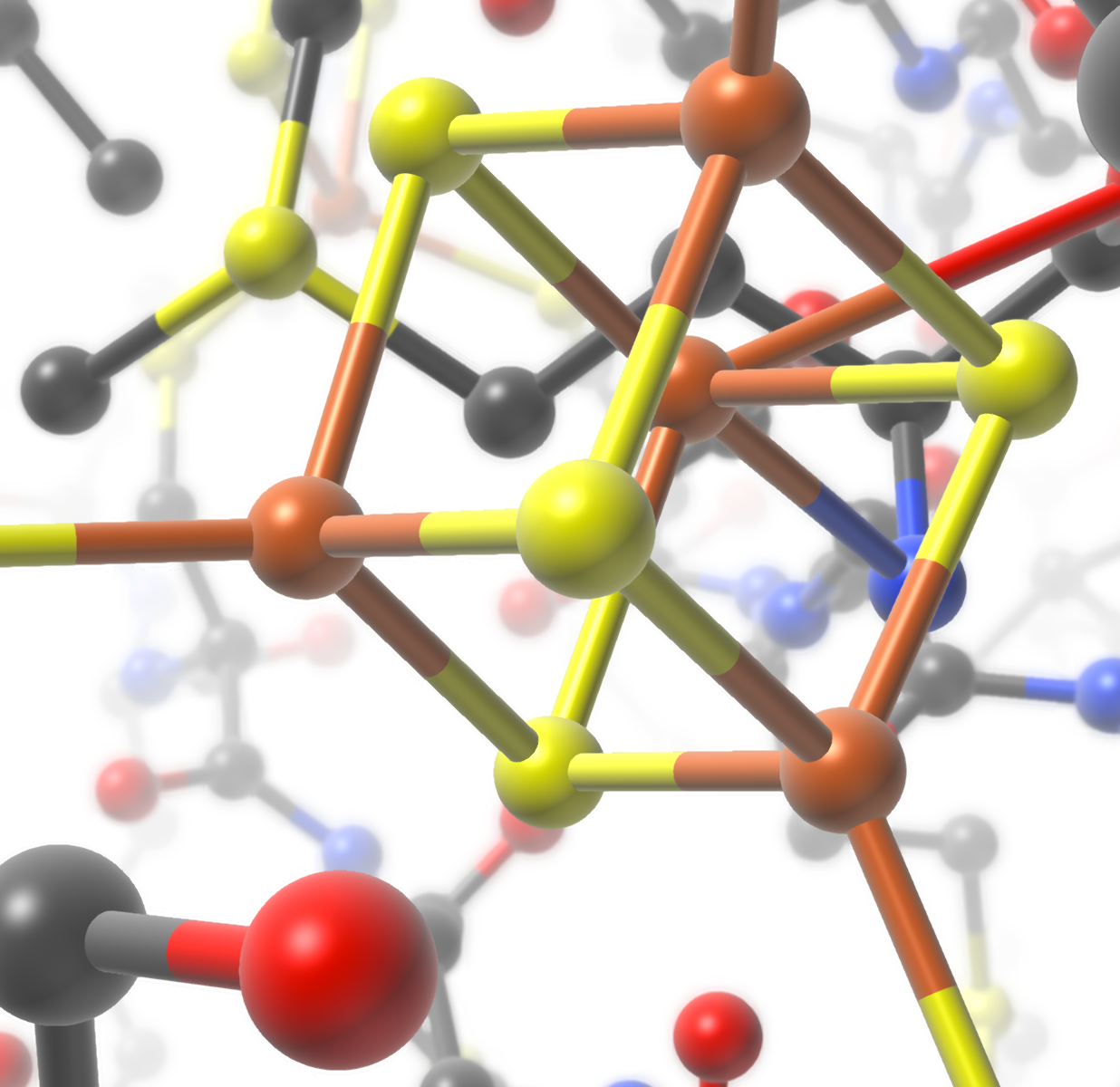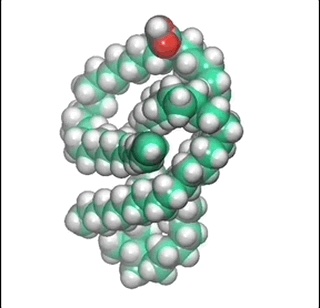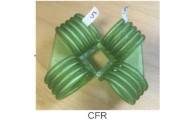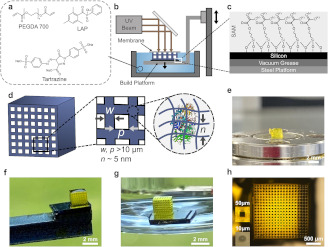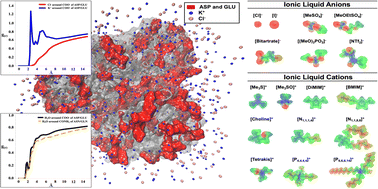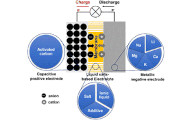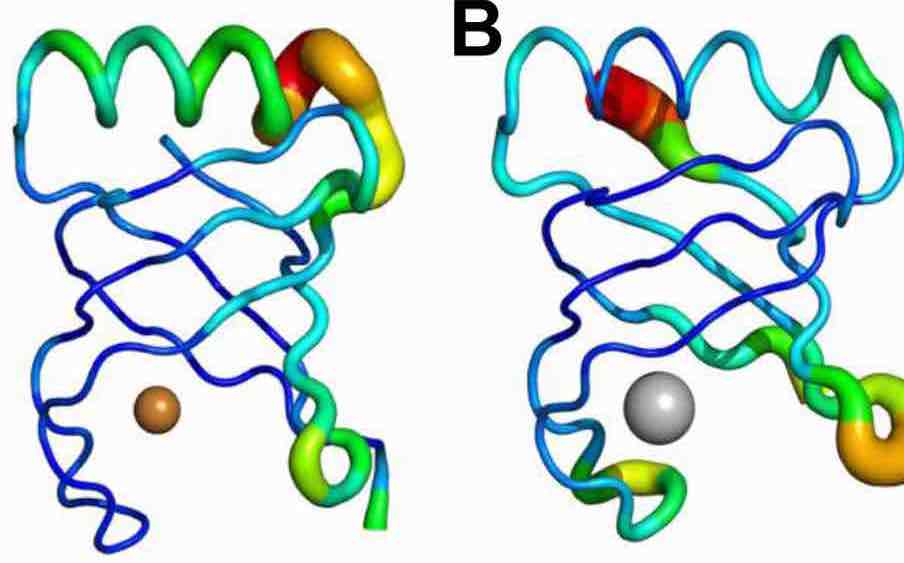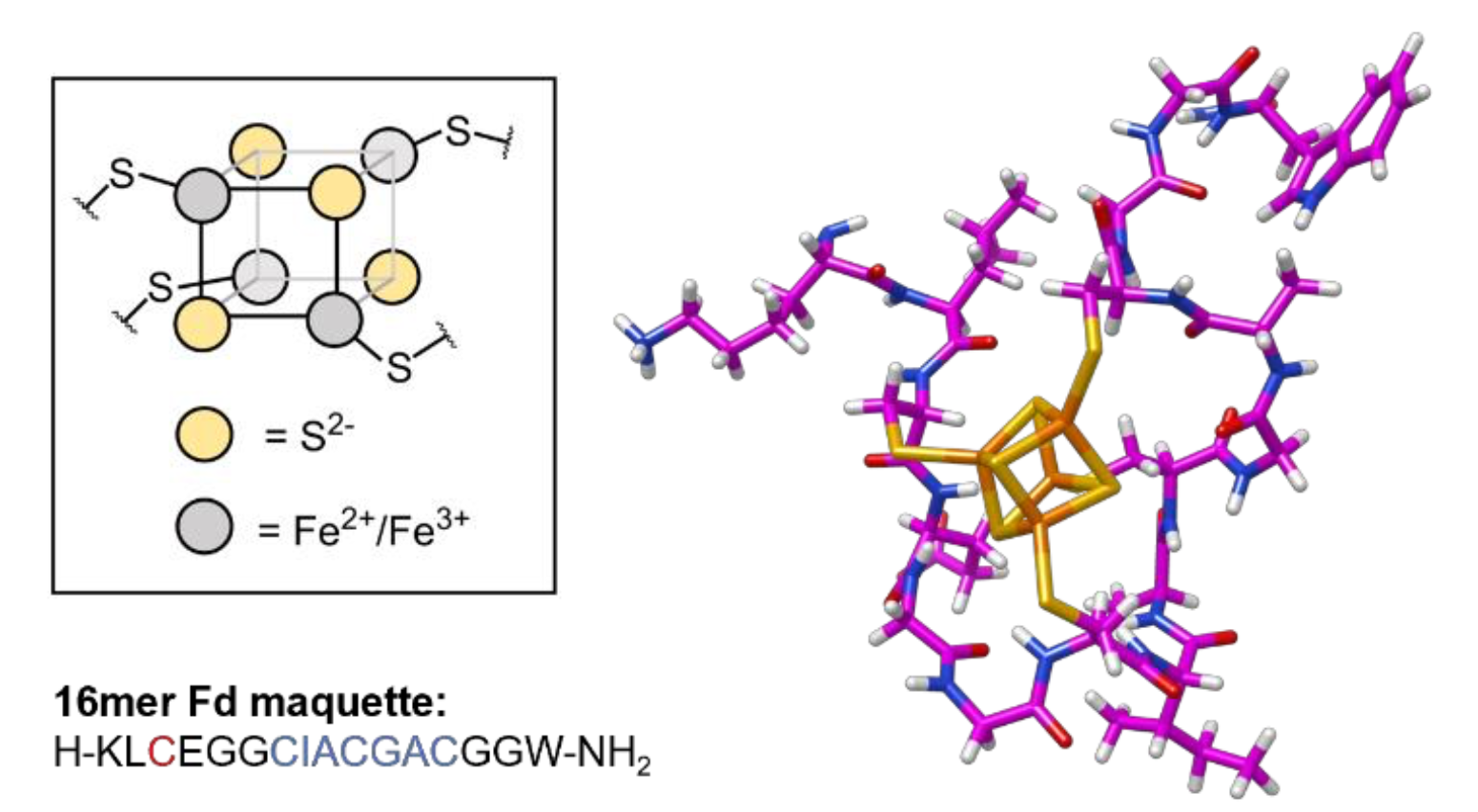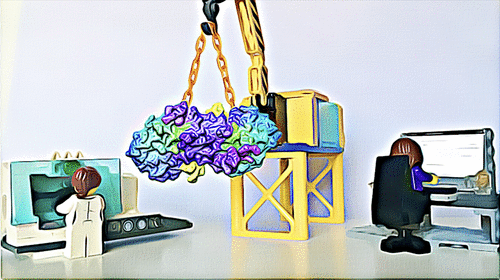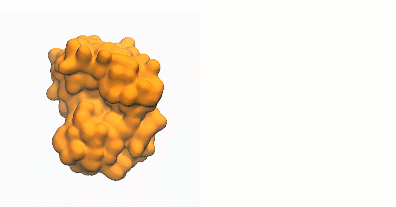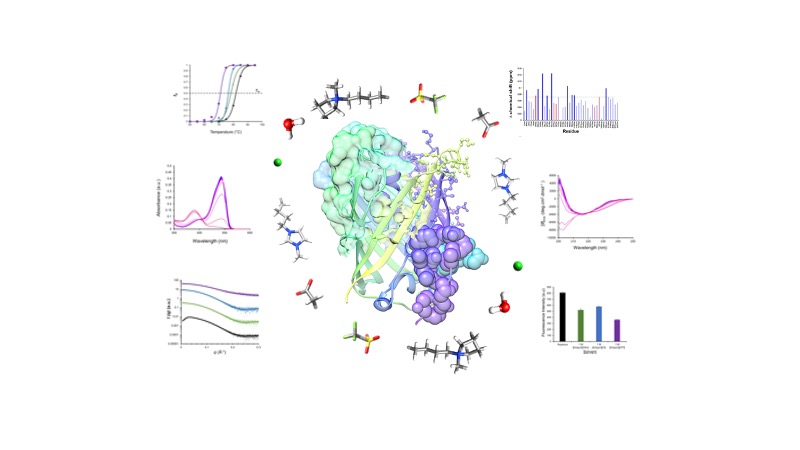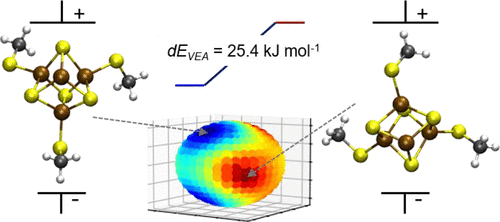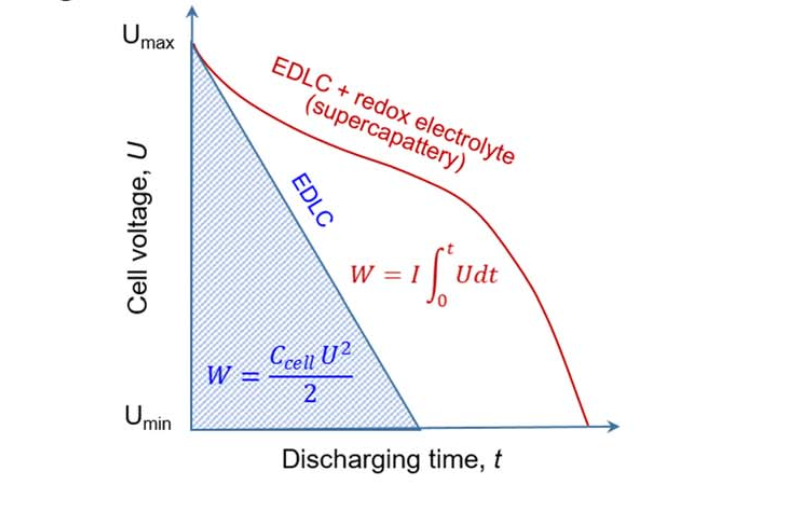We love to share our chemistry!
Prof Croft has been recognised for her contributions to the chemistry community and in her teaching practice, as a Fellow of the Royal Society of Chemistry (FRSC) and Senior Fellow of the Higher Education Academy (SFHEA), respectively.
Past courses and teaching experience
I have delivered taught courses (lectures, workshops, tutorials, labs) across all years ranging from Level 0 (Essential Chemistry) to PGR courses; I am an experienced module leader
Curriculum design including: Laboratories, PBL-based courses, Research-led/experiential learning (module level); degree programme design/validation/implementation for Biochemistry/Chemistry with Biomolecular Sciences and MSc Biochemical Engineering; OU 2+2 programme.
Subjects including: Introductory chemistry, Organic and Natural products chemistry, Reagents and Synthesis, Reactive Intermediates, Physical Organic Chemistry, Spectroscopy, Biological Chemistry/Biochemistry, Computational Chemistry, Laboratory skills, Undergraduate Research Projects, Design projects (Engineering)
Soft skills training: IT/computing skills for chemistry, Problem solving skills, Interview skills, Research skills, Communicating Chemistry, Literature Review, Podcasts/Videos
Doctoral training courses including: “Process design and LCA for Sustainable Chemistry”, “Engineering for Scientists”, “Engineering for Biologists”
